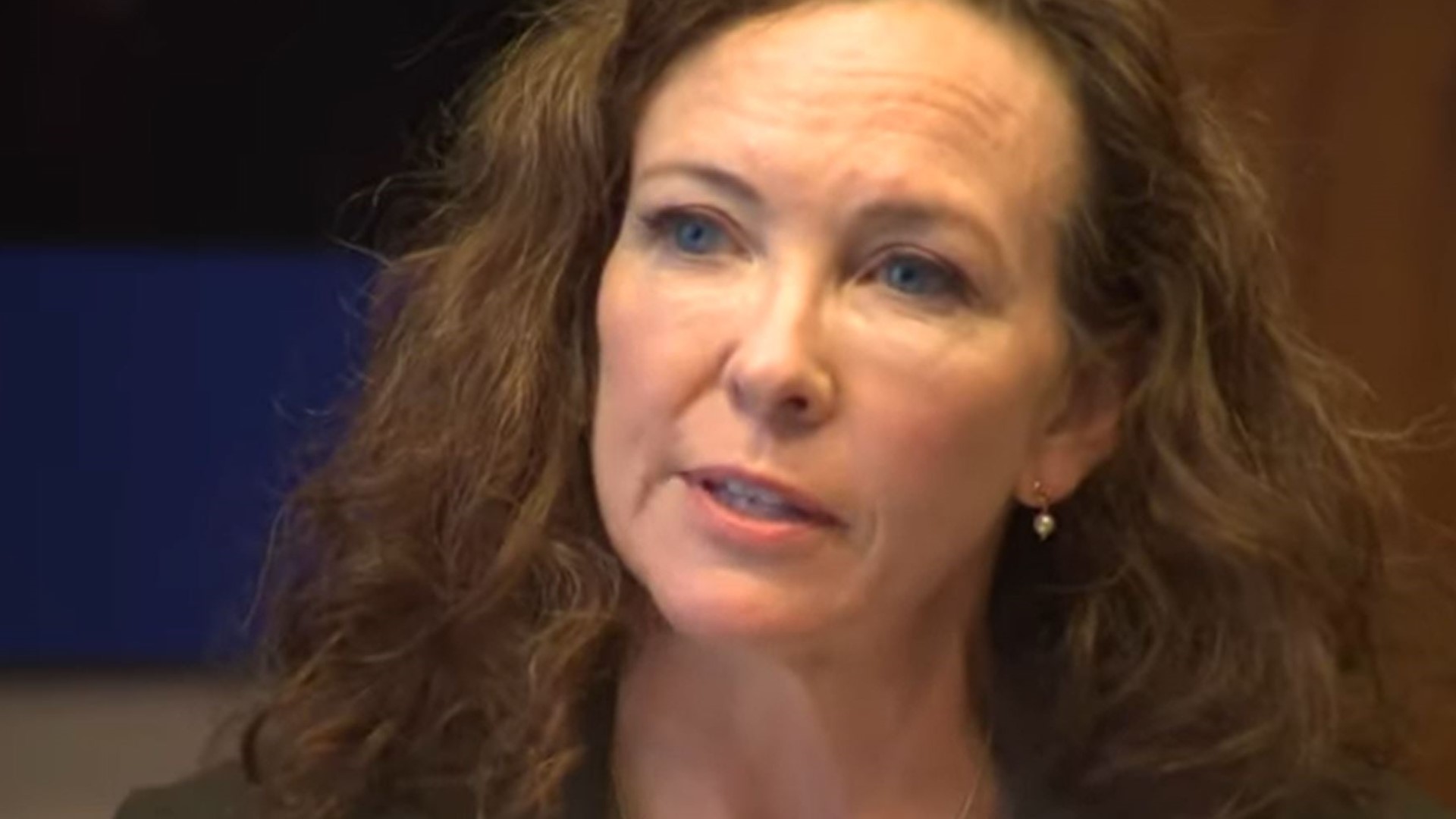SEATTLE — The Seattle Municipal Court agreed to grant City Attorney Ann Davison’s request to bar some frequent offenders from having their cases moved to Seattle Community Court.
Davison thanked the court for granting her request in a Monday statement, saying in part, “Individuals causing the most impact on our community need meaningful accountability for their criminal activity paired with increased behavioral health services. The best venue to ensure appropriate accountability and community safety is in Seattle Municipal Court and my team will continue to engage service providers to address underlying behavioral health needs.”
At the end of April, Davison filed a formal request with the court to bar individuals who meet the criteria for her High Utilizer Program from Community Court, the system by which low-level misdemeanor offenders are paired with housing assistance and drug treatment instead of jail time.
Davison said the court looks to achieve the goals of the program through a series of "warm handoffs" between the jail and the court's pre-trial services unit, which connects the individuals to services through the Community Resource Center.
It was launched in 2020 based on an agreement between Davison’s predecessor Pete Holmes and the city’s municipal court.
Davison argued the program, which has been lauded by supporters of criminal justice reform, isn’t working for some offenders.
The Seattle Municipal Court said the Community Court agreement already allowed judges the discretion to screen defendants out of the court, but the move allows the city attorney to decline to send a case to Community Court even if it's eligible.
The particular offenders Davison targeted in her request are the at least 118 individuals identified by her High Utilizer Program, which launched in March.
These individuals each have at least 12 referrals from police to the city attorney’s office in the last five years and at least one referral in the last eight months.
In March, Davison said the 118 offenders identified by the program were responsible for more than 2,400 criminal cases over the last five years throughout Seattle.
Davison made the formal request after efforts to negotiate for changes failed. She told KING 5 in April that she wants to adjust the agreement Holmes made in 2019 to clarify the number of “chances” each offender gets at Community Court.
“Addressing the impacts of individuals engaged in frequent, repeat criminal activity is one of the best ways to improve public safety,” Davison said.
The court plans to form a workgroup with the city attorney's office, the King County Department of Public Defense and others to find ways to make sure that frequent offenders stay engaged in their court cases while also helping connect them with services and support underlying behavioral health concerns.

